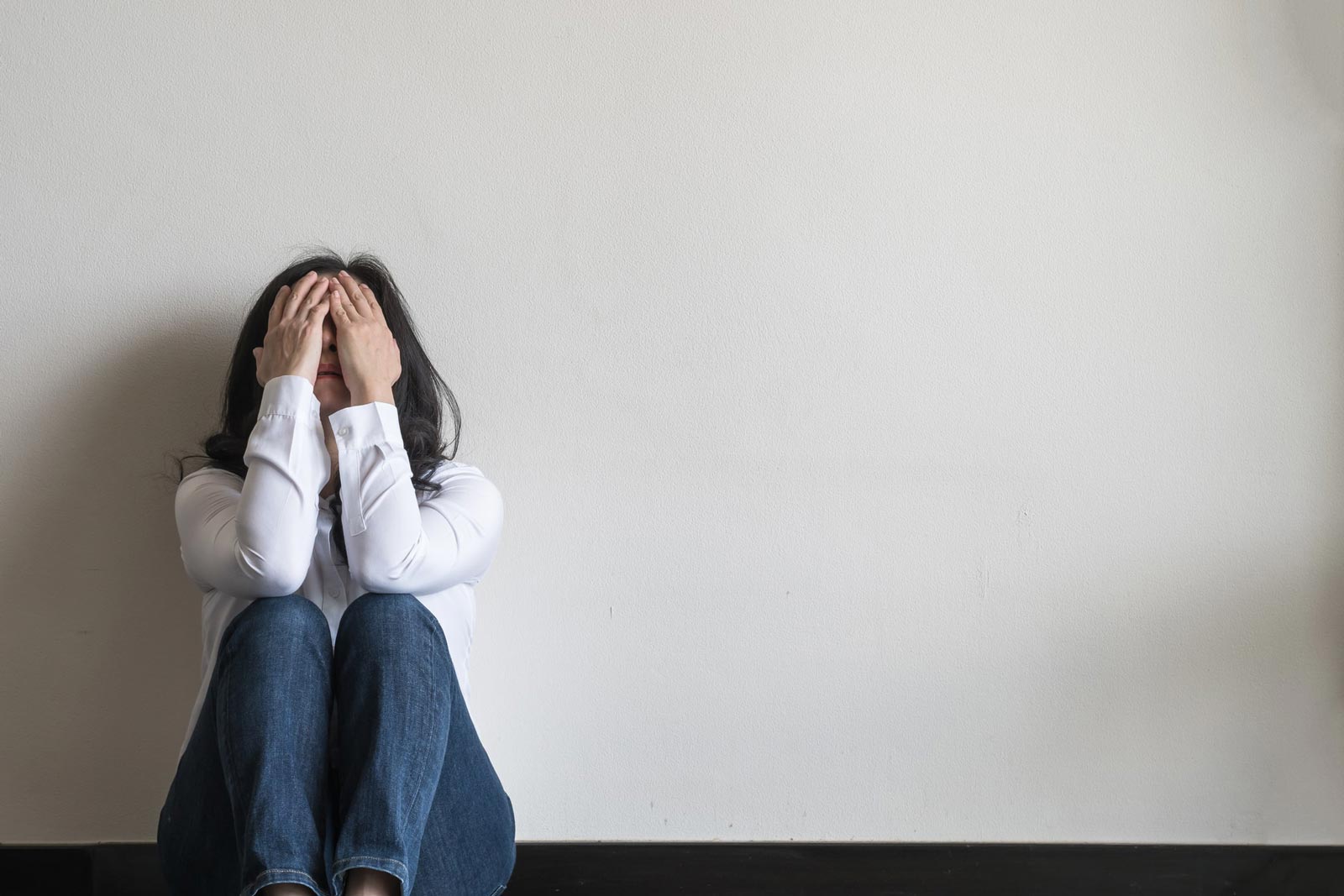What Is Caregiver Guilt, and How Should You Manage It?
What Is Caregiver Guilt, and How Should You Manage It?
As a caregiver, you're bound to experience many different emotions, and not all of them are positive. But it's important to remember that not only are these feelings natural and normal, they're also a wake-up call that you may need to take some steps to better care for yourself so you can provide the best care for your loved one.
There are many reasons for caregiver guilt to rear its ugly head. You might feel like you're falling short on providing the best care or you might resent the personal time you're missing while taking care of your loved one. You could be comparing the job you're doing to that of other caregivers. No matter the reason, it's a valid emotion many caregivers just like you go through. We've got five tips to help you better manage those feelings of caregiver guilt so you can let yourself off the hook.
Give Up on the Idea of Being Guilt-Free
You're always going to feel as though you should be doing more and being better for your loved ones. These are feelings that are almost hardwired into most humans. Guilt is a natural part of the human experience, both within the caregiving realm and in everyday life. Instead, recognize your feelings, acknowledge them, and forgive yourself. This is the first step in being able to better cope with the emotion. Plus, once you stop believing that feeling caregiver guilt is somehow wrong, you can stop feeling guilty about it.
Practice Showing Yourself Some Understanding
What would you tell your best friend if she was going through the same situation? Odds are pretty good you'd remind her she's only human. Turn the compassion you show to others inward. We all have flaws. We all fall short. You're no different. Instead of focusing on the areas where you think you fall short, focus on your strengths and the support you're providing to your loved one.
Let Go of Your Inner White Knight
All too often, we as caregivers block our feelings of sadness over what our loved ones are going through by trying to slay all the dragons and save the day. We can't rescue others. And we often can't do it all alone. Instead of giving in to the fantasy of “rescuing” your loved one, set realistic expectations for yourself.
Accept Negative Feelings
Feeling anxious or angry about caregiving duties is a natural part of the process. Feeling irritable, ambivalent, or negative doesn't mean you don't love the person you're caring for. Stop criticizing and condemning yourself. Instead, reach out for support from your other family members and friends. Even if you feel like it, you aren't alone. Join a support group to connect with others who are feeling the same way you are.
Make Time for Yourself
Don't underestimate the importance of taking time out and doing something good for yourself. Although it's yet another thing many people feel guilty about, it's critical for caregivers to take a little time away from their responsibilities. It helps recharge your batteries, maintain balance, and keep your emotional health in check. In turn, that time away can help you be an even better caregiver.
Caregivers who give in to their guilt and continue beating themselves up over their perceived shortcomings are more prone to developing depression and other negative aspects associated with caregiver stress. You can't be everything to everyone. Forgive yourself for the things you aren't able to do and let go of the notion of perfection you're measuring yourself against.

